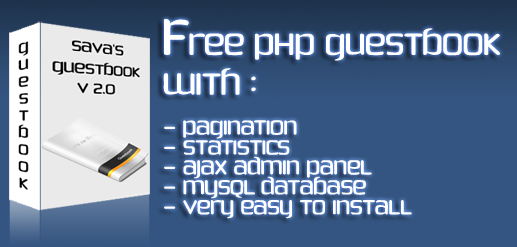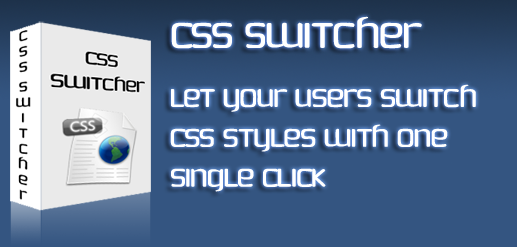 What Linux can do and Windows cannot
What Linux can do and Windows cannot
1. Upgrade to the newest version legally and without paying money
2. Have the latest version of the operating system run faster than the previous version on the same hardware
3. Easily install and run different graphical interfaces if I don’t like the default setup
4. Install twenty programs with one command
5. Have the system automatically update all my installed programs for me.
6. Install the same copy of my OS (Ubuntu) on multiple computers without worrying about license restrictions or activation keys
7. Give away copies of the operating system and other programs that run on it without breaking any laws, governmental or ethical or moral, because it was all intended to be used this way
8. Have full control over my computer hardware and know that there are no secret back doors in my software, put there by malicious software companies or governments
9. Run without using a virus scanner, adware/spyware protection, and not reboot my computer for months, even when I do keep up with all of the latest security updates
10. Run my computer without needing to defragment my hard drive, ever
11. Try out software, decide I don’t like it, uninstall it, and know that it didn’t leave little bits of stuff in a registry that can build up and slow down my machine
12. Make a major mistake that requires a complete reinstallation and be able to do it in less than an hour, because I put all of my data on a separate partition from the operating system and program files
13. Boot into a desktop with flash and effects as cool as Windows Vista on a three year old computer … in less than 40 seconds, including the time it takes me to type my username and password to login
14. Customize anything I want, legally, including my favorite programs. I can even track down the software developers to ask them questions, contribute ideas, and get involved in the actual design/software writing process if I want to
15. Have 4+ word processor windows open working on papers, listen to music, play with flashy desktop effects, have contact with a largely happy community and have firefox, instant messaging, and email clients all open at the same time, without ever having had to beg someone for a code to make my os work, and without the system running so slow it is useless
16. Use the command dpkg – get-selections > pkg.list to make a full, detailed list of all software I have installed, backup my /etc and /home directories on a separate partition, and you are able to recover your system any time, easily
17. Run multiple desktops simultaneously, or even allow multiple users to log in and use the computer simultaneously
18. Resize a hard disk partition without having to delete it and without losing the data on it
19. Use the same hardware for more than 5 years before it really needs to be replaced … I have some hardware that is nearly 10 years old, running Linux, and still useful
20. Browse the web while the OS is being installed!
21. Use almost any hardware and have a driver for it included with the operating system … eliminating the need to scour the internet to find the hardware manufacturer’s website to locate one
22. Get the source code for almost anything, including the OS kernel and most of my applications
And the list just goes on and on.
Thanks Matthew Helmke












